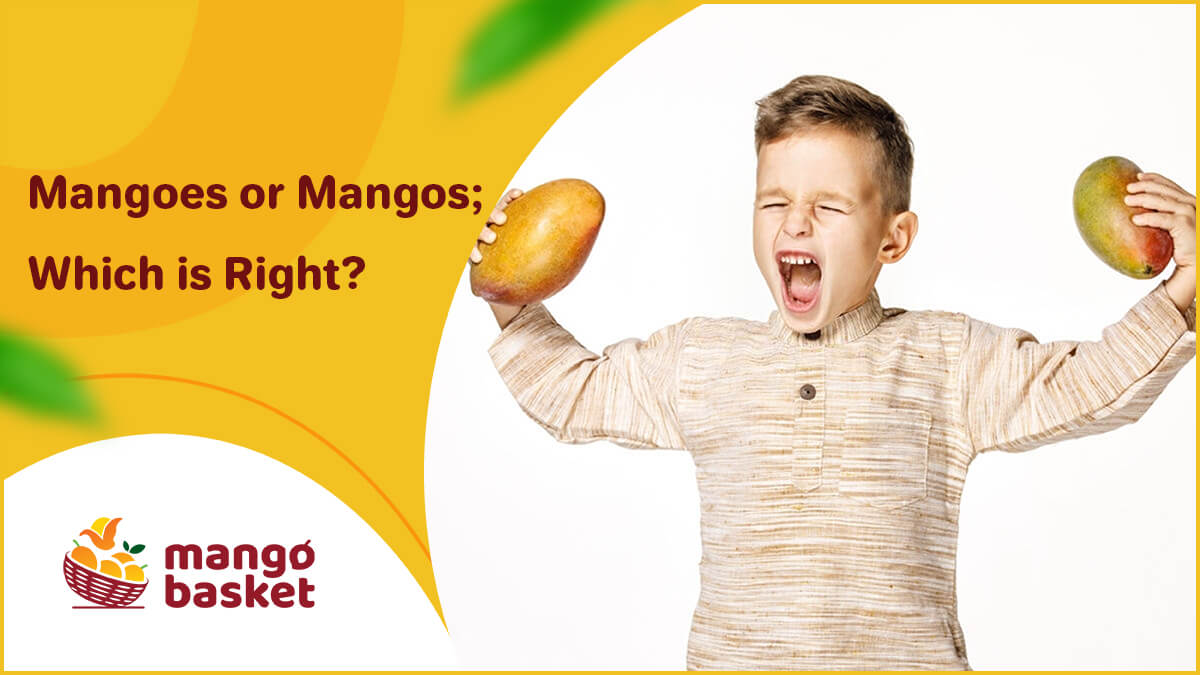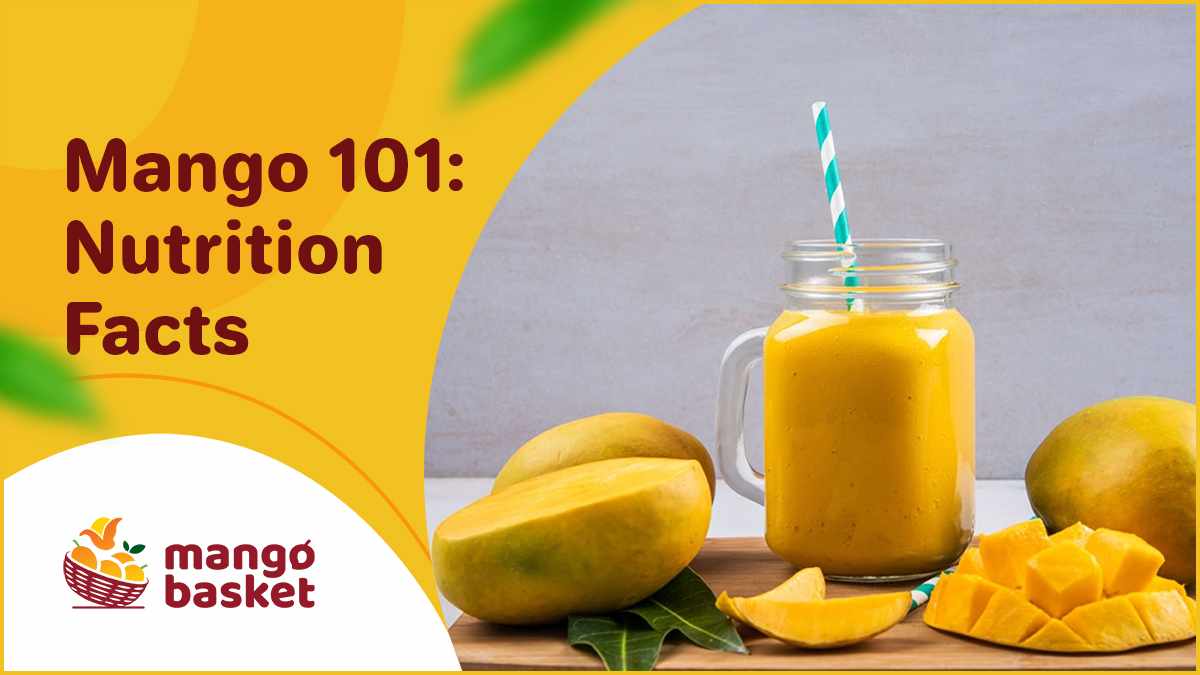Papaya vs Mango : Difference and Nutrition Comparison

Mangoes and Papayas are two of the most common fruits eaten around India. People often get confused between the two due to their similar structure, but these are two entirely different fruits. These fruits are grown in India’s tropical regions, and their taste makes these fruits loved by all people of all ages. Mangoes and Papaya vary in almost every category, whether taste, texture, color, aroma, or nutrients.
Mangoes are smaller than papayas with skin color in the gradient of yellow, red, and green with a flat, large seed and yellow flesh. Papayas have bright yellow-green skin with dark orange flesh and a lot of black seeds at the center. This article primarily focuses on mangoes vs. papayas and how the nutritional content benefits an individual’s body.
Papaya vs Mango : Difference and Nutrition Comparison
Why is mango better than papaya?
Mangoes are a popular fruit eaten all around the world with hundreds of different varieties to choose from. The summer season is not complete without mangoes. Ripe mangoes have a sweet taste with complex floral flavors and an intense aroma, depending on the mango’s variety.
Mangoes are incorporated in various kitchen forms, such as raw and sliced mangoes for pickles, Aam Panna, a soothing drink that protects the body from dehydration, or ripe mango desserts.
Papayas, an exotic fruit, are now available at all times of the year. This fruit grows in the tropical climate, and its health benefits make this fruit popular. Papayas have a slightly sweet and musky taste with a creamy texture.
Papaya is a tricky fruit to incorporate in the kitchen but has found its way to savory applications or deserts. Papayas can be eaten as salad, sauces, or smoothies due to juicy flesh.
Mangoes and papayas have their health benefits, which can magically cure some of the diseases. Mangoes and Papayas have almost similar nutritional contents, but mangoes benefit more.
Mangoes can be eaten by pregnant women who provide nutrients to the baby, but papayas are not safe to be consumed by pregnant women. Mangoes are used in alcoholic beverages such as wine, beer, spirits, cocktails, etc., but papayas are not used in beer.
Mangoes have higher calories than papayas, whether they are eaten in frozen, canned, or dried form. Papayas have slightly less nutritional content than mangoes but have more water content. Papayas have side effects, which include skin issues or allergic reactions.
Mangoes can be eaten at any time of the day but in reserved quantities, but papayas cannot be eaten at any time. Papayas should not be consumed at night or after meals.
Nutritional Facts\Value
As already mentioned above, both these fruits are a rich source of nutrients. Mangoes and papayas are full of proteins, minerals, vitamins, antioxidants, and fiber. These nutrients make these fruits provide the body with the daily requirement of nutrients.
Eating in moderate quantities of these fruits can do wonders for your body. Let’s compare the nutritional facts of mangoes and papayas in detail.
Mangoes contain a large amount of Vitamin A and Vitamin C and also include other vitamins in small or adequate quantities of Vitamin B1, Vitamin B2, Vitamin B3, Vitamin B5, Vitamin B6, Vitamin B9, Vitamin K, and Vitamin E. mangoes also contain proteins, fiber, sugar, and carbohydrates which provide the body with the energy to do tasks of daily life.
The minerals found in mangoes are Sodium, Potassium, Iron, Copper, Calcium, Magnesium, Zinc, Selenium, Phosphorus, and Manganese. Mangoes also contain antioxidants or enzymes, including Lycopene, Lutein, Zeaxanthin, Choline, and Mangiferin.
Papayas are a rich source of Vitamin C and include fiber, carbohydrate, sugar, and proteins. They are also a good source of pantothenic acid, vitamin A, Magnesium, Folate, and copper. They also include potent antioxidants such as Alpha & Beta carotene, lutein, zeaxanthin, potassium, lycopene, calcium, and even vitamin K.
Let’s take a closer look at the nutritional value of mangoes vs. papayas. 100 grams of mangoes contain 0.80 g of protein, while papayas have 0.50 g of protein. Moving on to fiber contained in the fruits, mangoes have 1.60 g of fiber while papayas have 1.70 g of fiber.
The sugar content of mangoes is comparatively higher than papayas. Mangoes have 13.70 g of sugar, but papayas have 7.82 g of sugar. The carbohydrate present in mangoes is 15 g, and papayas have 10.82 g.
The vitamin content of mangoes vs. papayas differs as follows: Vitamin A present in mangoes is 54 mcg while papayas have 47 mcg of this vitamin, Vitamin B1 contained in mango is 0.03 mg and papayas contain 0.02 mg, Vitamin E present in the mangoes is 0.90 mg, but papayas have 0.30 mg.
Vitamin C in mangoes is 36.40 mg, and papayas have 62 mg; Vitamin K present in mangoes is 4.20 mcg and in papayas is 2.60 mcg. Mangoes and papaya contain Vitamin B9 43 mcg and 38 mcg, respectively.
The minerals comparison is as follows: Iron content in mangoes is 0.16 mg and in papayas is 0.25 mg, Sodium contained in mangoes is 1.00 mg, and papayas are 8.00 mg. Mangoes and papayas contain 14 mg and 10 mg Phosphorus respectively, Selenium in mangoes is 0.60 mcg and in papayas is 0.10 mcg. Copper content is present in similar quantities, i.e., 0.11 mg, Zinc content in mangoes is 0.09 mg, and in papayas is 0.08 mg.
Water is also present in both the fruits, 83.46 g in mangoes and 88.0 g in papayas. Choline is an antioxidant contained in quantities 7.60 mg in mangoes and 6.10 in papayas. The calorie content present in the fruits in different forms is: In dried form, mangoes have 314 kcal, and papayas have 258 kcal. In frozen form, mangoes have 60 kcal and papayas have 39.28 kcal, and fresh fruit without peel in mangoes have 60 kcal, and papayas have 43 kcal.
Health benefits
Mangoes and papayas provide benefits not only to the body but also to hair and skin. The nutrients contribute to daily intake by the body. The benefits of mangoes and papayas are as follows:
Mangoes are a brain booster. They contain glutamine acid, which improves concentration and memory. Eating mangoes daily in your diet will help you achieve this benefit. Mangoes are also known for immune support.
Mangoes contain more than 20 vitamins and minerals, which help the body heal from diseases and infections. Vitamin A and Vitamin C play a significant role in keeping your immune system healthy and robust.
Mangoes are also rich in iron, which helps the body cope with iron deficiency or anemia. Consuming a mango in a day will increase the count of red blood cells. Pregnant women can also consume this fruit in a certain quantity. This fruit is also good for heart health and hair.
Papayas also benefit the body in certain ways as they are packed with essential nutrients. Vitamin A and Vitamin C present in fruit are good for the heart. It keeps the heart walls free from plaque and protects the body from strokes or attacks. Vitamins act as an oxidizing agent that prevents cholesterol from sticking to the blood vessels’ walls.
Papayas also provide anti-inflammatory effects and help ease the pain. They also reduce excessive swelling and dull the joint pain. Papayas also improve the immune system and help to fight diseases and infections. Papayas also possess anticancer properties. Consuming papayas at the time of treatment helps reduce cancer. It reduces the free radicals that cause cancer.
Final Words
Well, this was all about the major differences between mango and papaya, involving a complete comparison regarding their nutritional value as well. However, both the fruits have their own benefits and taste, which most of the people love.












Leave a Reply